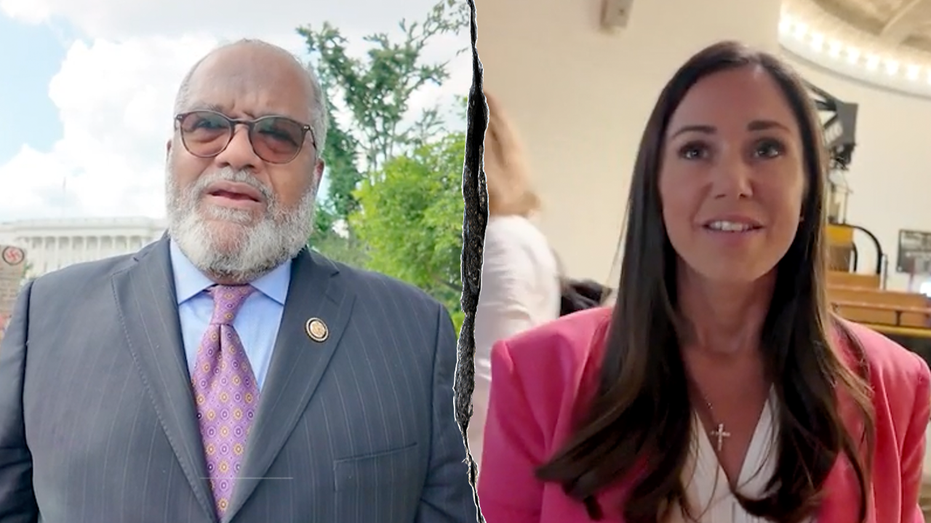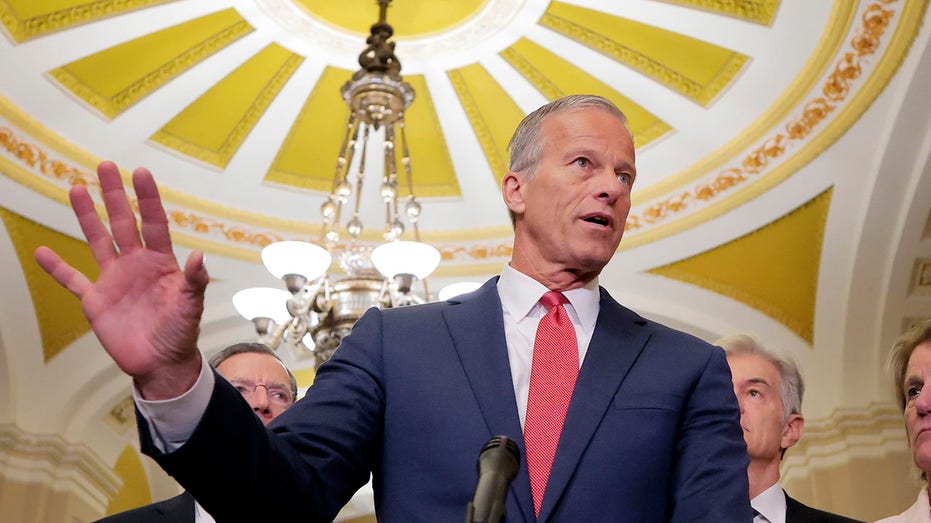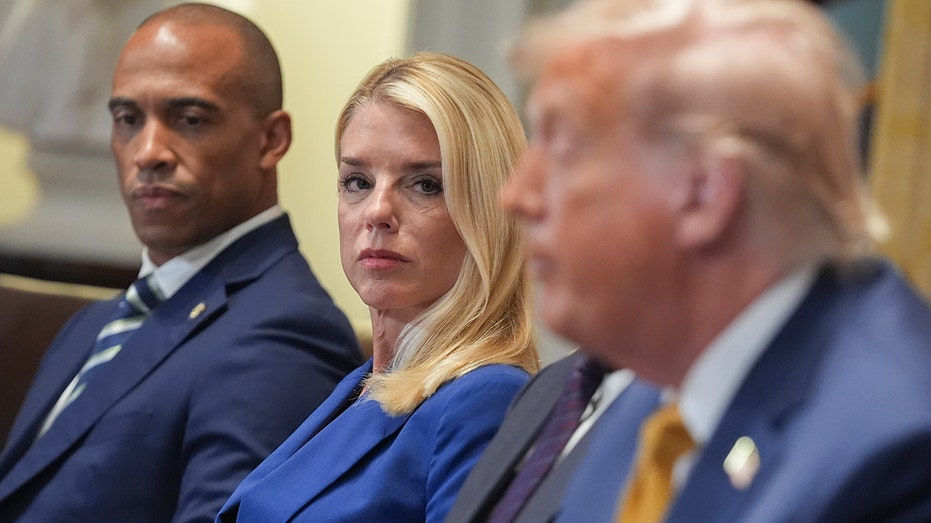Trump’s Megabill Sparks Fierce Medicaid Work Requirement Debate on Capitol Hill

Sarah Johnson
July 19, 2025
Brief
Trump’s megabill sparks heated debate over Medicaid work requirements for able-bodied adults, dividing lawmakers ahead of 2026 midterms.
President Donald Trump’s latest legislative triumph, dubbed the "big, beautiful bill," has ignited a firestorm on Capitol Hill, with Medicaid reform at the heart of the controversy. Passed through Congress with sweeping changes to taxes, immigration, and energy, the bill’s requirement for able-bodied adults to work at least 80 hours a month to qualify for Medicaid benefits has drawn sharp partisan lines.
Republicans are staunchly defending the provision, arguing it’s a necessary step to preserve safety net programs for those truly in need. Sen. Katie Britt of Alabama put it bluntly, emphasizing the importance of ensuring these programs remain sustainable, while Sen. Bill Cassidy of Louisiana likened safety nets to a trampoline—meant to bounce people back to self-reliance, not trap them like flypaper. Rep. Nancy Mace of South Carolina didn’t mince words either, declaring that if you’re able-bodied, it’s time to "get a job."
The rule, targeting childless adults aged 18 to 64, allows alternatives like community service, schooling, or work programs to meet the requirement. Yet, Democrats are pushing back hard, calling the measure not just impractical but outright cruel. Rep. Troy Carter of Louisiana dismissed the notion that people prefer meager Medicaid benefits over work as "insulting," while Rep. Lateefah Simon of California argued the bill violates the fundamental duty to support the most vulnerable—elderly, sick, and children.
Critics also point to hard data showing work requirements may backfire. In Arkansas and Georgia, where similar policies were tested, administrative costs skyrocketed—Georgia spent 80% of its $58 million budget on paperwork alone in the first year of its program. Sen. Angus King of Maine, an independent, highlighted how these mandates often disqualify eligible people overwhelmed by bureaucratic hurdles, costing taxpayers more in the long run.
As midterm elections loom in 2026, this debate over Medicaid is shaping up to be a defining issue. Will these reforms strengthen the system, or are they a misguided cut dressed up as tough love? One thing is clear: the battle over America’s safety nets is far from over.
Topics
Editor's Comments
This Medicaid mess in Trump’s megabill is like asking someone to run a marathon just to get a band-aid. Sure, work is dignity, but when paperwork costs more than the aid itself, as seen in Georgia, aren’t we just building a bureaucratic treadmill? And here’s a thought: if Congress spent as much time creating jobs as they do creating hoops to jump through, maybe we wouldn’t need this debate. How about a new bill—call it the ‘Get a Job for Congress Act’—where lawmakers have to solve unemployment before cutting safety nets?
Like this article? Share it with your friends!
If you find this article interesting, feel free to share it with your friends!
Thank you for your support! Sharing is the greatest encouragement for us.






